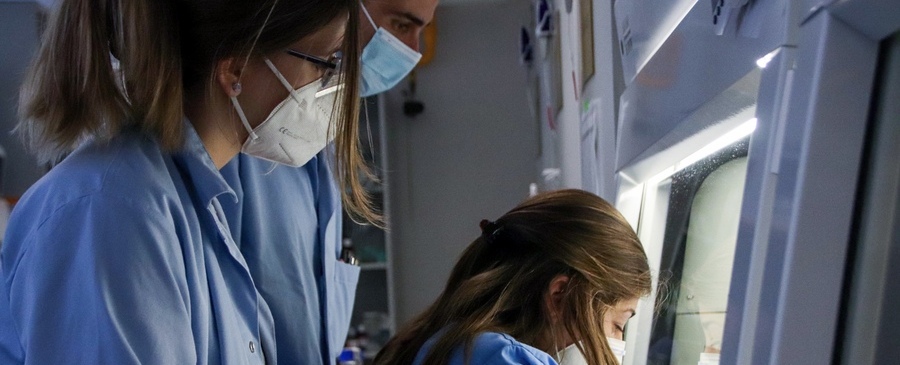
Cytes Biotechnologies starts a project to predict drug toxicity by 3D bioprinted human liver models
Liver damage caused by prescription and over-the-counter drugs is an increasingly important medical, scientific and public health problem. Idiosyncratic drug-induced liver injury (also known as drug-induced liver toxicity or DILI) is a major problem in modern hepatology, which is often under-diagnosed. Yet it is the most common cause of acute liver failure (over 50%), is the primary reason for withdrawal of drugs from the market (around 30%) and is a major source of drug-related hospital admissions. Moreover, drug-induced hepatitis is estimated to affect between 1 and 2 million patients per year worldwide. More than 70% of patients waiting for a liver transplant will not find a compatible donor.
Cytes Biotechnologies, a UB spin-off located in the Barcelona Science Park, and the French company CTIBiotech are starting the Hepnalysis project aiming to produce 3-Dimensional bio-printed human liver models to better predict drug toxicity. This technology will enable better prediction of toxic side effects and save up to 30% on drug development costs.
The Hepnalysis project aims to produce predictive human liver bioassays – with a high degree of customization during the preclinical phase, allowing a considerable reduction in development costs and time as well as the number of animals required for preclinical trials. This technology will make it possible to reduce the number of drugs withdrawn from the market and to support safer drug development, thus saving tens of millions of euros in development costs thanks to the early detection of hepatotoxicity from drug candidates.
“Cytes Biotechnologies is delighted to have the opportunity to develop the Hepnalysis project and create novel highly functional liver cell models to contribute to the research of new drugs. We expect great things from the combination of Cytes Biotechnologies expertise in liver cell isolation and CTI’s knowledge in 3D-bioprinting technology”, explains Dr Natalia Sánchez, R&D Director of Cytes Biotechnologies.

